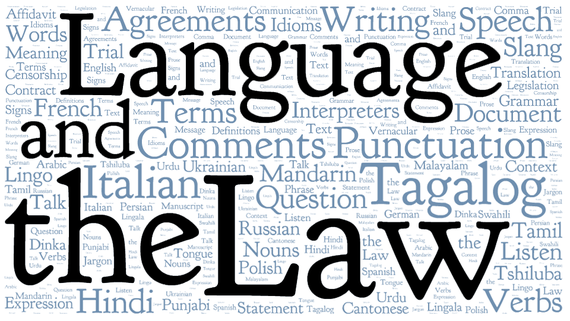Introduction: Translation is not simply about converting words from one language to another; it is a complex process that requires a deep understanding of cultural nuances. This article explores the significance of cultural competence in translation and how it impacts the accuracy and effectiveness of communication across cultures.
Body: Cultural competence in translation involves understanding the cultural context, values, beliefs, and social norms of both the source and target languages. It goes beyond language proficiency and requires translators to possess a deep appreciation for the cultural nuances that shape communication.
Effective translation demands the ability to accurately convey the intended meaning, tone, and cultural references of the source text while ensuring that the translation resonates with the target audience. Cultural competence allows translators to make informed decisions about word choices, idiomatic expressions, and references that maintain cultural appropriateness.
One of the key challenges faced by translators is the transcreation of content that carries cultural connotations. Translating humor, metaphors, or idiomatic expressions requires not only linguistic knowledge but also cultural sensitivity. A culturally competent translator can capture the essence of the original text while adapting it to resonate with the target culture.
Furthermore, cultural competence plays a crucial role in avoiding misunderstandings or unintentional offense. Different cultures have varying norms and taboos, and translators must navigate these sensitivities to ensure that the translated content is respectful and appropriate.
In an increasingly globalized world, where businesses, organizations, and individuals interact across borders, cultural competence in translation becomes essential for effective communication. It enables messages to transcend cultural barriers and fosters understanding, respect, and trust among diverse communities.
Conclusion: Cultural competence is a fundamental aspect of translation, ensuring that messages are accurately conveyed while considering the cultural context of the target audience. By valuing and integrating cultural competence into the translation process, we can bridge cultural gaps, promote effective communication, and foster greater understanding and appreciation among different cultures.



